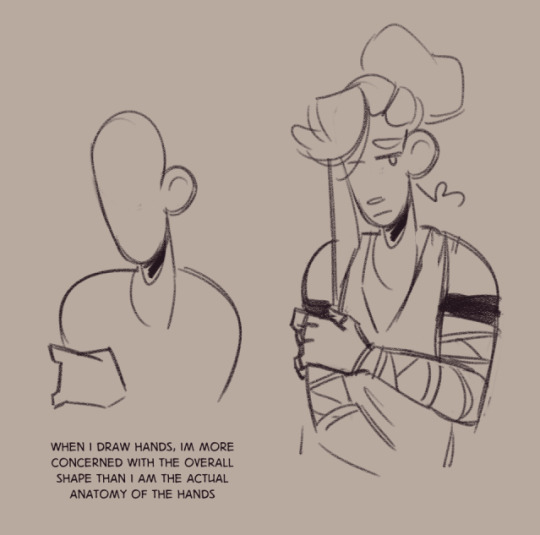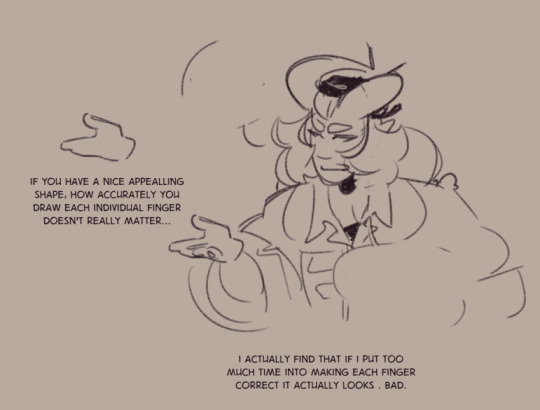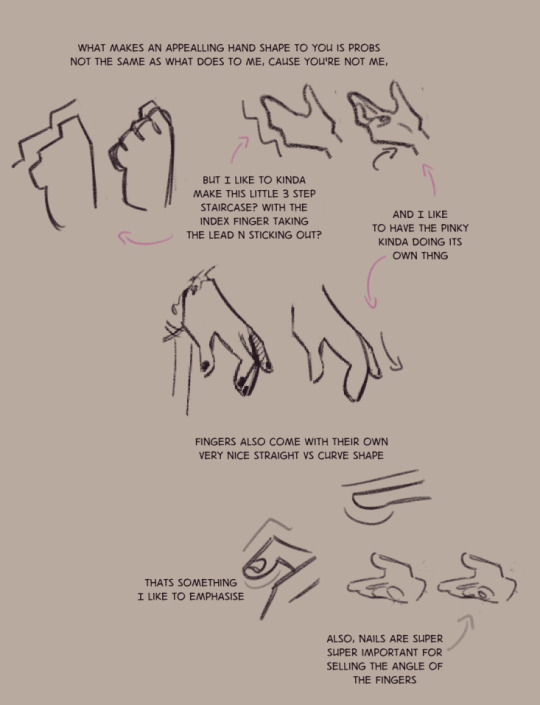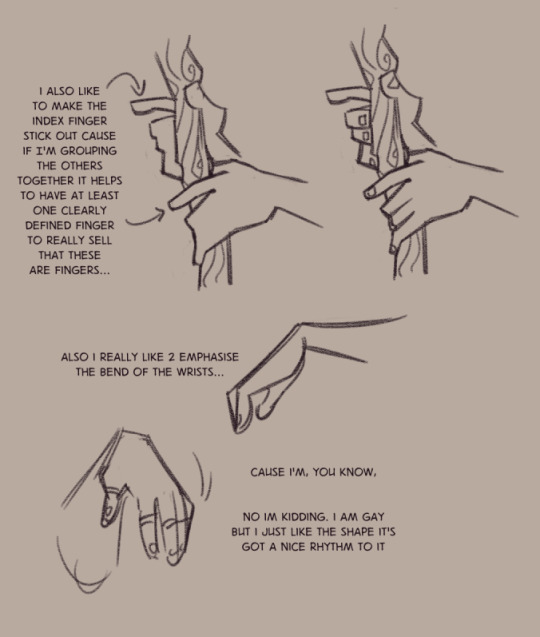This blog contains references Quick links:My OCs: OCs tagOC group: OCealityGeneral art tag: My art tag | Commission information
Don't wanna be here? Send us removal request.
Text
RadenWA is honestly a hero for these
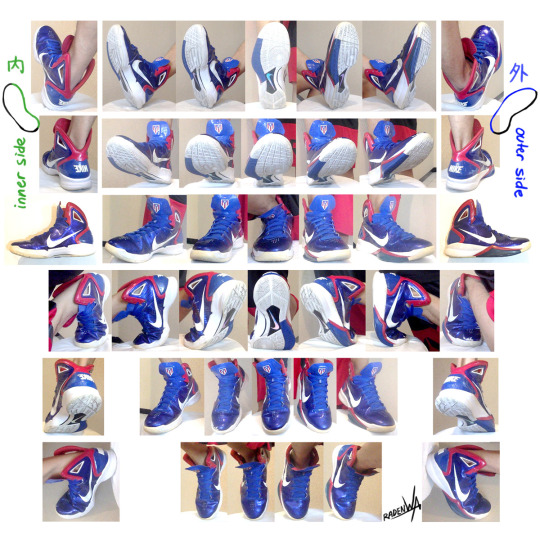
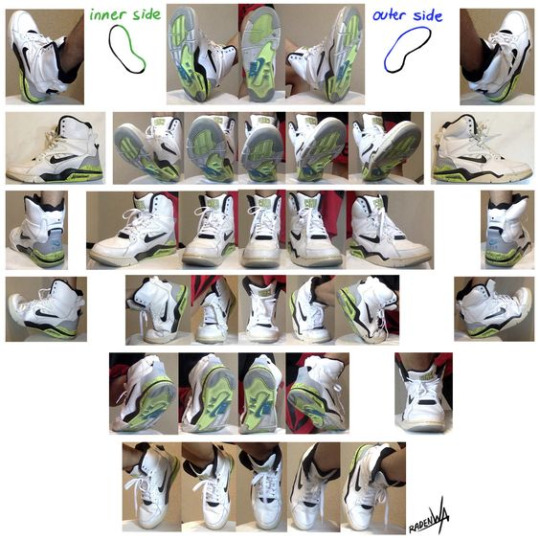
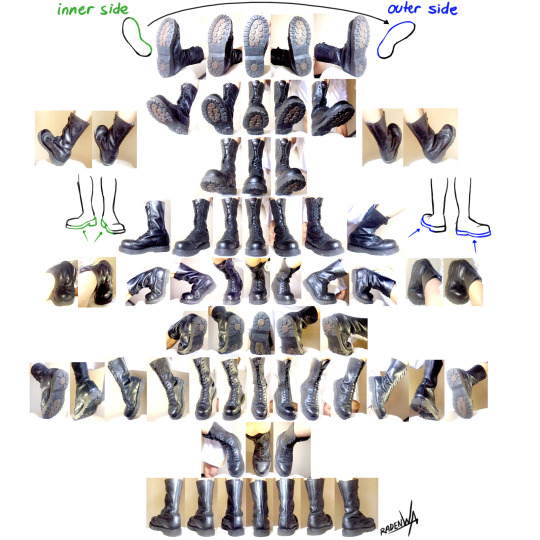
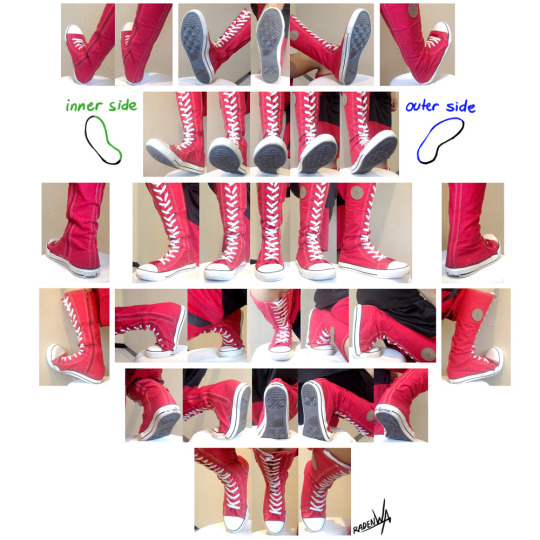
they're got even more than these, too!
34K notes
·
View notes
Text




Compiled some basic information I know about drawing fat characters for beginners since I've been seeing more talk about absence of really basic traits in a lot of art lately.
Morpho Fat and Skin Folds on Archive.org (for free!)
123K notes
·
View notes
Text

















Ohh, so I was looking at my storage and found these! I originally shared them on twitter before yeeting the platform. Anyway, feel free to use! Art memes for your oc :D
66K notes
·
View notes
Text
How To Name Your Chinese Characters:
1) LAST NAMES:
I’ve pasted the Top 100 common last names in alphabetical order, and bolded the ones that appear in CQL:
B: 白 Bai C: 蔡 Cai ; 曹 Cao ; 常 Chang ; 曾 Ceng ; 陈 Chen ; 程 Cheng ; 崔 Cui ; D: 戴 Dai ; 邓 Deng ; 丁 Ding ; 董 Dong ; 杜 Du ; F: 范 Fan ; 方 Fang ; 冯 Feng ; 付 Fu ; G: 高 Gao ; 葛 Ge ; 龚 Gong ; 顾 Gu ; 郭 Guo ; H: 韩 Han ; 何 He ; 贺 He 洪 Hong ; 侯 Hou ; 黄 Hua ; 胡 Hu ; J: 贾 Jia ; 蒋 Jiang ; 姜 Jiang ; 江 Jiang ; 金 Jin ; K: 康 Kang ; L: 赖 Lai ; 李 Li ; 黎 Li ; 廖 Liao ; 梁 Liang ; 林 Lin ; 刘 Liu ; 陆 Lu ; 卢 Lu ; 路 Lu ; 吕 Lü ; 罗 Luo ; M: 马 Ma ; 麦 Mai ; 毛 Mao ; 孟 Meng ; N: 倪 Ni ; 牛 Niu ; P: 潘 Pan ; 彭 Peng ; Q: 钱 Qian ; 秦 Qin ; 邱 Qiu ; R:任 Ren ; S: 邵 Shao ; 沈 Sheng ; 史 Shi ; 石 Shi ; 施 Shi ; 宋 Song ; 苏 Su ; 孙 Sun ; T: 陶 Tao ; 谭 Tan ; 唐 Tang ; 田 Tian ; W: 万 Wan ; 王 Wang ; 汪 Wang ; 魏 Wei ; 吴 Wu ; X: 邢 Xing ; 夏 Xia ; 蕭 Xiao ; 谢 Xie ; 徐 Xu ; 许 Xu ; 薛 Xue ; Y: 阎 Yan ; 严 Yan ; 杨 Yang ; 姚 Yao ; 叶 Ye ; 余 Yu ; 于 Yu ; 袁 Yuan ; Z: 张 Zhang ; 赵 Zhao ; 郑 Zheng ; 钟 Zhong ; 周 Zhou ; 朱 Zhu ; 庄 Zhuang ; 邹 Zou ;
Above are all single character last names, but there are some double character Chinese last names, seen below (list not exhaustive):
独孤 Du’Gu ; 公孙 Gong’Sun ; 南宫 Nan’Gong 欧阳 Ou’Yang ; 司马 Si’Ma ; 上官 Shang’Guan ; 宇文 Yu’Wen ; 长孙 Zhang’Sun ; 诸葛 Zhu’GE ;
2) GIVEN NAMES/COURTESY NAMES
《Elements》:
Light*: 光 (guāng) - light, 亮 liàng - bright / shine, 明 (míng) - bright, 曦 (xī) - early dawn, 昀 (yún) - daylight, 昭 (zhāo) - light, clear,照 (zhào) - to shine upon,
Fire: 焰 (yàn) - flames, 烟 (yān) - smoke,炎 (yán) - heat/burn, 烨 (yè) - dazzling light,
Water: also see “weather” OR “bodies of water” under nature; note the words below while are related to water have meanings that mean some kind of virtue: 清 (qīng) - clarity / purity, 澄 (chéng) - clarity/quiet, 澈 (chè) - clear/penetrating, 涟 (lián) - ripple, 漪 (yī) - ripple, 泓 (hóng) - vast water, 湛 (zhàn) - clear/crystal, 露 (lù) - dew, 泠 (líng) - cool, cold, 涛 (tāo) - big wave,泽 (zé),浩 hào - grand/vast (water),涵 (han) - deep submergence / tolerance / educated
Weather: 雨 (yǔ) - rain, 霖 (lín) - downpouring rain, 冰 (bīng) - ice, 雪 (xuě) - snow, 霜 (shuāng) - frost
Wind: 风 (fēng) - wind
* some “Light” words overlap in meaning with words that mean “sun/day”
《Nature》:
Season: 春 (chūn) - spring, 夏 (xià) - summer, 秋 (qíu) - aumtum, 冬 (dōng) - winter
Time of Day: 朝 (zhāo) - early morning / toward, 晨 (chén) - morning / dawn, 晓 (xiǎo) - morning, 旭 (xù) - dawn/rising sun,昼 (zhòu) - day,皖 (wǎn) - late evening,夜 (yè) - night
Star/Sky/Space: 云 (yún) - cloud,天 (tiān) - sky/ heaven,霞 (xiá) - afterglow of a rising or setting sun,月 (yuè) - moon,日 (ri) - day / sun,阳 (yáng) - sun,宇 (yǔ) - space,星 (xīng) - star
Birds: 燕 (yàn) - sparrow, 雁 (yàn) - loon, 莺 (yīng) - oriole, 鸢 (yuān) - kite bird (family Accipitridae),羽 (yǔ) - feather
Creatures: 龙 (lóng) - dragon/imperial
Plants/Flowers:* 兰 (lán) - orchids, 竹 (zhú) - bamboo, 筠 (yún) - tough exterior of bamboos, 萱 (xuān) - day-lily, 松 (sōng) - pine, 叶 (yè) - leaf, 枫 (fēng) - maple, 柏 bó/bǎi - cedar/cypress, 梅 (méi) - plum, 丹 (dān) - peony
Mountains: 山 (shān), 峰 (fēng) - summit, 峥 (zhēng),
Bodies of water: 江 (jiāng) - large river/straits, 河 (hé) - river, 湖 (hú) - lake, 海 (hǎi) - sea, 溪 (xī) - stream, 池 (chí) - pond, 潭 (tán) - larger pond, 洋 (yáng) - ocean
* I didn’t include a lot of flower names because it’s very easy to name a character with flowers that heavily implies she’s a prostitute.
《Virtues》:
Astuteness: 睿 ruì - astute / foresight, 智 (zhi), 慧 (hui), 哲 (zhé) - wise/philosophy,
Educated: 博 (bó) - extensively educated, 墨 (mo) - ink, 诗 (shi) - poetry / literature, 文 (wén) - language / gentle / literary, 学 (xue) - study, 彦 (yàn) - accomplished / knowledgeable, 知 (zhi) - to know, 斌 (bīn) - refined, 赋 (fù) - to be endowed with knowledge
Loyalty: 忠 (zhōng) - loyal, 真 (zhēn) - true
Bravery: 勇 (yǒng) - brave, 杰 (jié) - outstanding, hero
Determination/Perseverance: 毅 (yì) - resolute / brave, 恒 (héng) - everlasting, 衡 (héng) - across, to judge/evaluate,成 (chéng) - to succeed, 志 (zhì) - aspiration / the will
Goodness/Kindness: 嘉 (jiā) - excellent / auspicious,磊 (lěi) - rock / open & honest, 正 (zhèng) - straight / upright / principle,
Elegance: 雅 (yǎ) - elegant, 庄 (zhuāng) - respectful/formal/solemn, 彬 (bīn) - refined / polite,
Handsome: 俊 jùn - handsome/talented
Peace: 宁 (níng) - quietness/to pacify, 安 (ān) - peace, safety
Grandness/Excellence:宏 (hóng) - grand,豪 (háo) - grand, heroic,昊 (hào) - limitless / the vast sky,华 (huá) - magnificent, 赫 (hè) - red/famous/great, 隆 (lóng) - magnificent, 伟 (wěi) - greatness / large,轩 (xuān) - pavilion with a view/high,卓 (zhuó) - outstanding
Female Descriptor/Virtues/Beauty: 婉 (wǎn),惠 (huì), 妮 (nī), 娇 (jiāo), 娥 (é), 婵 (chán) (I didn’t include specific translations for these because they’re all adjectives for women meaning beauty or virtue)
《Descriptors》:
Adverbs: 如 (rú) - as,若 (ruò) - as, alike,宛 (wǎn) - like / as though,
Verbs: 飞 (fēi) - to fly, 顾 (gù) - to think/consider, 怀 (huái) - to miss, to possess, 落(luò) - to fall, to leave behind,梦 (mèng) - to dream, 思 (sī) - to consider / to miss (someone),忆 (yì) - memory, 希 (xī) - yearn / admire
Colours: 红 (hóng) - red, 赤 (chì) - crimson, 黄 (huàng) - yellow, 碧 (bì) - green,青(qīng) - azure,蓝 (lán) - blue, 紫 (zǐ) - violet ,玄 (xuán) - black, 白 (baí) - white
Number:一 (yī), 二 (er) - two, 三 (san) - three, 四 (si) - four, 五 (wu) - five, 六 (liu) - six, 七(qi) - seven, 八 (ba) - eight, 九 (jiu) - nine, 十 (shi) - ten
Direction: 东 (dōng) - east, 西 (xi) - west, 南 (nan) - south, 北 (bei) - north,
Other: 子 (zǐ) - child, 然 (rán) - correct / thusly
《Jade》: *there are SO MANY words that generally mean some kind of jade, bc when ppl put jade in their children’s name they don’t literally mean the rock, it’s used to symbolize purity, goodness, kindness, beauty, virtue etc* 琛 (chen), 瑶 (yao), 玥 (yue), 琪 (qi), 琳 (lin)
《Spirituality》
凡 (fan) - mortality
色 (se) - colour, beauty. In buddhism, “se” symbolizes everything secular
了 (liao) - finished, done, letting go
尘 (chen) - dust, I’m not… versed in buddhism enough to explain “chen”, it’s similar to “se”
悟 (wu) - knowing? Cognition? To understand a higher meaning
无 (wu) - nothing, the void, also part of like “letting go”
戒 (jie) - to “quit”, but not in a bad way. In buddhism, monks are supposed to “quit” their earthly desires.
极 (ji) - greatness, also related to the state of nirvana (? I think?)
11K notes
·
View notes
Photo
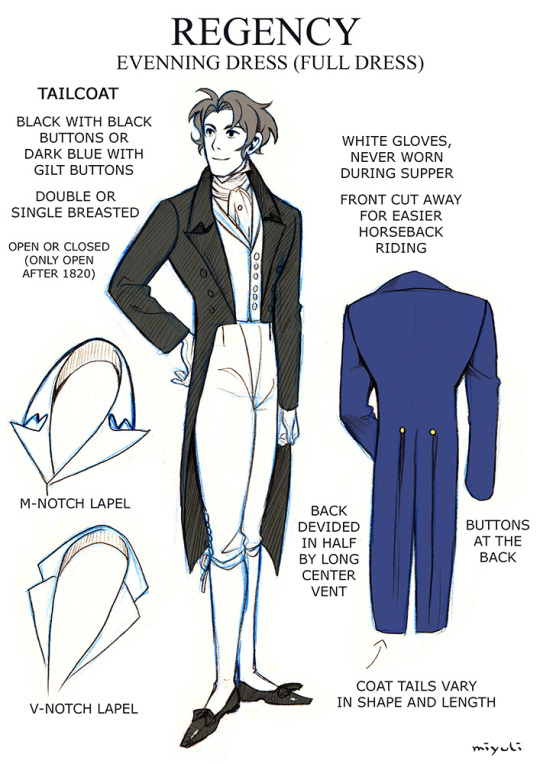
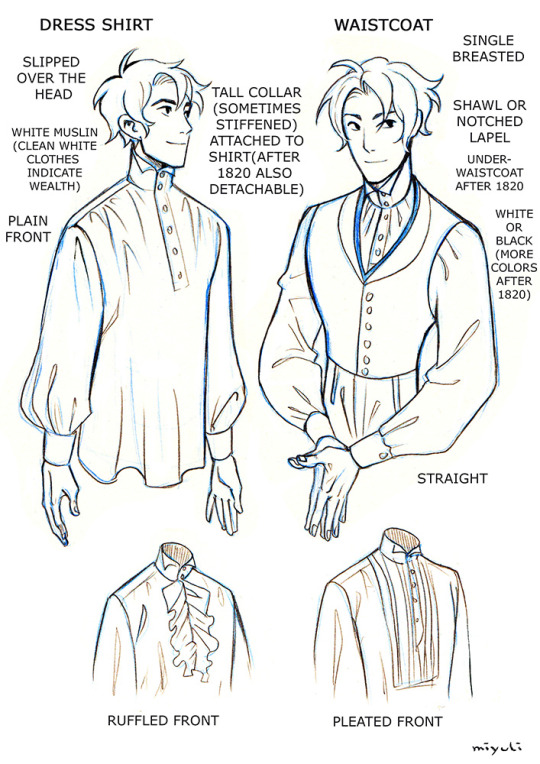
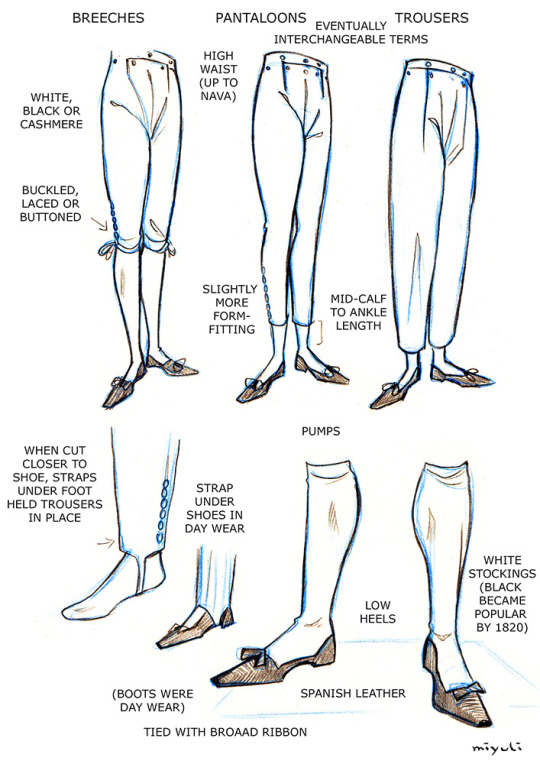

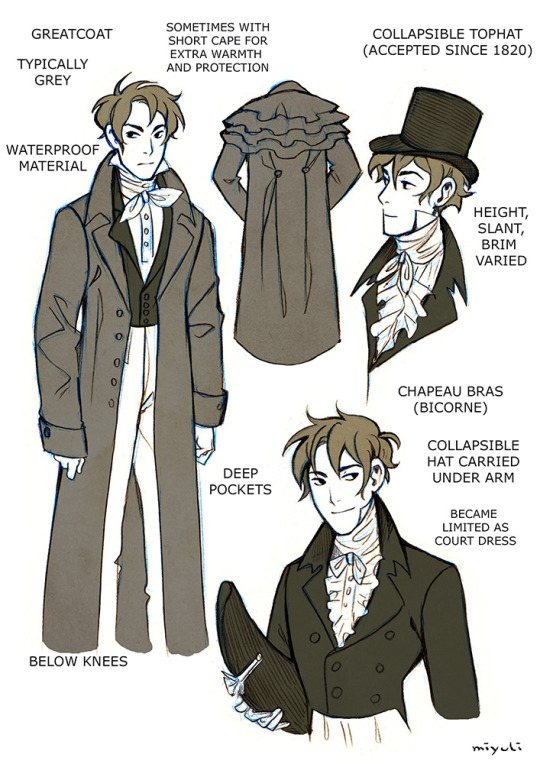
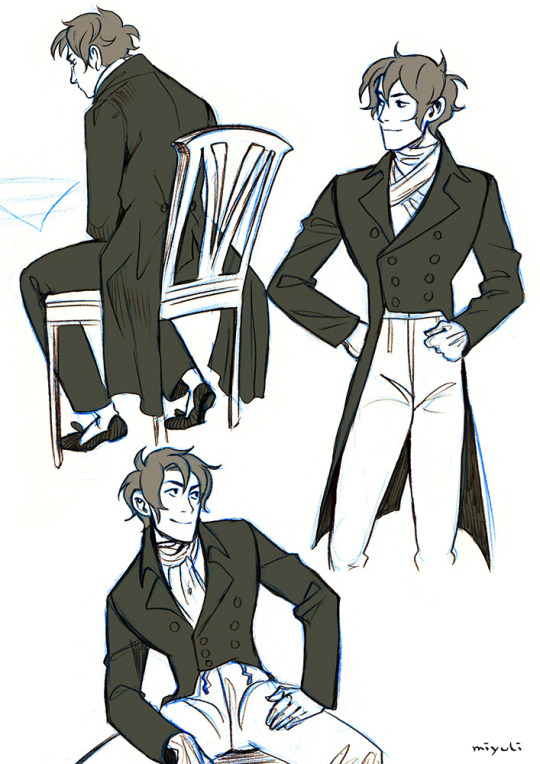
After posting my Black Tie and White Tie notes here’re my Regency evening dress notes. Hope they can be useful. Tell me if I got anything wrong.
47K notes
·
View notes
Photo



sorry for any grammar mistakes
long time without a tutorial… I tried to explain my general process of working here, hope someone will find it useful :)
193K notes
·
View notes
Text
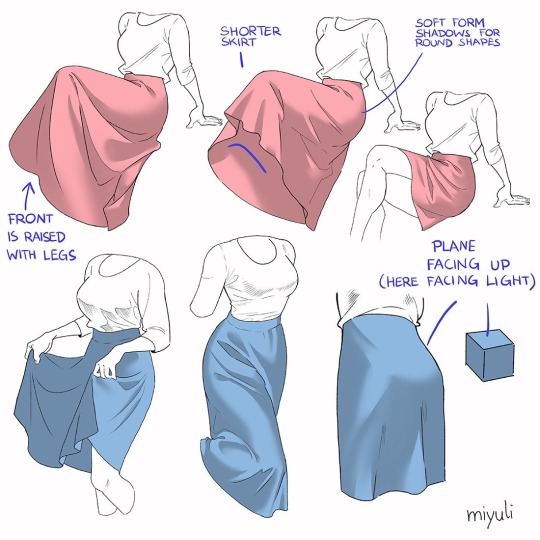
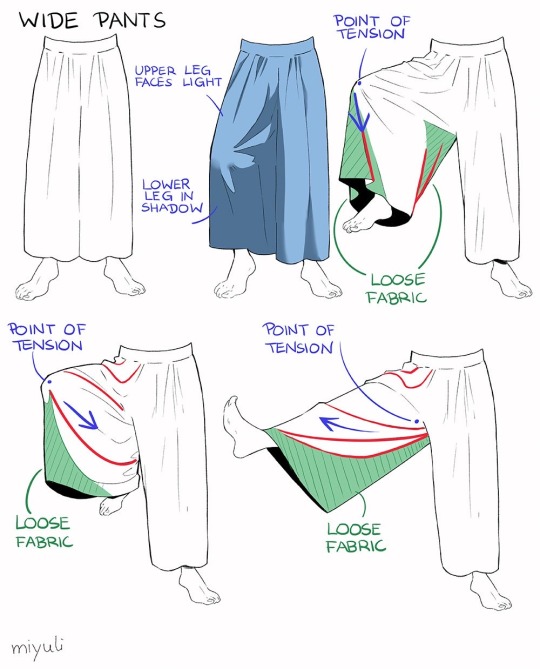
“Notes on skirts and pants”
Source: miyuli on twitter
61K notes
·
View notes
Text
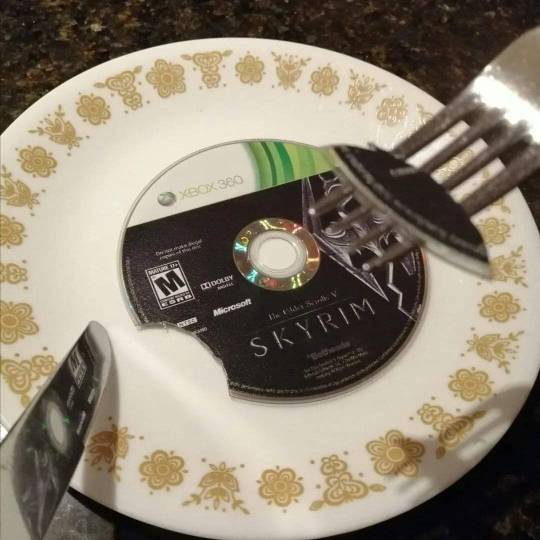
#wait we use the blue ones am i full of lead now#LMAO#I need to check the kitchen tomorrow#i wonder how old they are#random
80K notes
·
View notes
Text
tips for choosing a Chinese name for your OC when you don’t know Chinese
This is a meta for gifset trade with @purple-fury! Maybe you would like to trade something with me? You can PM me if so!
Choosing a Chinese name, if you don’t know a Chinese language, is difficult, but here’s a secret for you: choosing a Chinese name, when you do know a Chinese language, is also difficult. So, my tip #1 is: Relax. Did you know that Actual Chinese People choose shitty names all the dang time? It’s true!!! Just as you, doubtless, have come across people in your daily life in your native language that you think “God, your parents must have been on SOME SHIT when they named you”, the same is true about Chinese people, now and throughout history. If you choose a shitty name, it’s not the end of the world! Your character’s parents now canonically suck at choosing a name. There, we fixed it!
However. Just because you should not drive yourself to the brink of the grave fretting over choosing a Chinese name for a character, neither does that mean you shouldn’t care at all. Especially, tip #2, Never just pick some syllables that vaguely sound Chinese and call it a day. That shit is awful and tbh it’s as inaccurate and racist as saying “ching chong” to mimic the Chinese language. Examples: Cho Chang from Harry Potter, Tenten from Naruto, and most notorious of all, Fu Manchu and his daughter Fah lo Suee (how the F/UCK did he come up with that one).
So where do you begin then? Well, first you need to pick your character’s surname. This is actually not too difficult, because Chinese actually doesn’t have that many surnames in common use. One hundred surnames cover over eighty percent of China’s population, and in local areas especially, certain surnames within that one hundred are absurdly common, like one out of every ten people you meet is surnamed Wang, for example. Also, if you’re making an OC for an established media franchise, you may already have the surname based on who you want your character related to. Finally, if you’re writing an ethnically Chinese character who was born and raised outside of China, you might only want their surname to be Chinese, and give them a given name from the language/culture of their native country; that’s very very common.
If you don’t have a surname in mind, check out the Wikipedia page for the list of common Chinese surnames, roughly the top one hundred. If you’re not going to pick one of the top one hundred surnames, you should have a good reason why. Now you need to choose a romanization system. You’ll note that the Wikipedia list contains variant spellings. If your character is a Chinese-American (or other non-Chinese country) whose ancestors emigrated before the 1950s (or whose ancestors did not come from mainland China), their name will not be spelled according to pinyin. It might be spelled according to Wade-Giles romanization, or according to the name’s pronunciation in other Chinese languages, or according to what the name sounds like in the language of the country they immigrated to. (The latter is where you get spellings like Lee, Young, Woo, and Law.) A huge proportion of emigration especially came from southern China, where people spoke Cantonese, Min, Hakka, and other non-Mandarin languages.
So, for example, if you want to make a Chinese-Canadian character whose paternal source of their surname immigrated to Canada in the 20s, don’t give them the surname Xie, spelled that way, because #1 that spelling didn’t exist when their first generation ancestor left China and #2 their first generation ancestor was unlikely to have come from a part of China where Mandarin was spoken anyway (although still could have! that’s up to you). Instead, name them Tse, Tze, Sia, Chia, or Hsieh.
If you’re working with a character who lives in, or who left or is descended from people who left mainland China in the 1960s or later; or if you’re working with a historical or mythological setting, then you are going to want to use the pinyin romanization. The reason I say that you should use pinyin for historical or mythological settings is because pinyin is now the official or de facto romanization system for international standards in academia, the United Nations, etc. So if you’re writing a story with characters from ancient China, or medieval China, use pinyin, even though not only pinyin, but the Mandarin pronunciations themselves didn’t exist back then. Just… just accept this. This is one of those quirks of having a non-alphabetic language.
(Here’s an “exceptions” paragraph: there are various well known Chinese names that are typically, even now, transliterated in a non-standard way: Confucius, Mencius, the Yangtze River, Sun Yat-sen, etc. Go ahead and use these if you want. And if you really consciously want to make a Cantonese or Hakka or whatever setting, more power to you, but in that case you better be far beyond needing this tutorial and I don’t know why you’re here. Get. Scoot!)
One last point about names that use the ü with the umlaut over it. The umlaut ü is actually pretty critical for the meaning because wherever the ü appears, the consonant preceding it also can be used with u: lu/lü, nu/nü, etc. However, de facto, lots of individual people, media franchises, etc, simply drop the umlaut and write u instead when writing a name in English, such as “Lu Bu” in the Dynasty Warriors franchise in English (it should be written Lü Bu). And to be fair, since tones are also typically dropped in Latin script and are just as critical to the meaning and pronunciation of the original, dropping the umlaut probably doesn’t make much difference. This is kind of a choice you have to make for yourself. Maybe you even want to play with it! Maybe everybody thinks your character’s surname is pronounced “loo as in loo roll” but SURPRISE MOFO it’s actually lü! You could Do Something with that. Also, in contexts where people want to distinguish between u and ü when typing but don’t have easy access to a keyboard method of making the ü, the typical shorthand is the letter v.
Alright! So you have your surname and you know how you want it spelled using the Latin alphabet. Great! What next?
Alright, so, now we get to the hard part: choosing the given name. No, don’t cry, I know baby I know. We can do this. I believe in you.
Here are some premises we’re going to be operating on, and I’m not entirely sure why I made this a numbered list:
Chinese people, generally, love their kids. (Obviously, like in every culture, there are some awful exceptions, and I’ll give one specific example of this later on.)
As part of loving their kids, they want to give them a Good name.
So what makes a name a Good name??? Well, in Chinese culture, the cultural values (which have changed over time) have tended to prioritize things like: education; clan and family; health and beauty; religious devotions of various religions (Buddhism, Taoism, folk religions, Christianity, other); philosophical beliefs (Buddhism, Confucianism, etc) (see also education); refinement and culture (see also education); moral rectitude; and of course many other things as the individual personally finds important. You’ll notice that education is a big one. If you can’t decide on where to start, something related to education, intelligence, wisdom, knowledge, etc, is a bet that can’t go wrong.
Unlike in English speaking cultures (and I’m going to limit myself to English because we’re writing English and good God look at how long this post is already), there is no canon of “names” in Chinese like there has traditionally been in English. No John, Mary, Susan, Jacob, Maxine, William, and other words that are names and only names and which, historically at least, almost everyone was named. Instead, in Chinese culture, you can basically choose any character you want. You can choose one character, or two characters. (More than two characters? No one can live at that speed. Seriously, do not give your character a given name with more than two characters. If you need this tutorial, you don’t know enough to try it.) Congratulations, it is now a name!!
But what this means is that Chinese names aggressively Mean Something in a way that most English names don’t. You know nature names like Rose and Pearl, and Puritan names like Wrestling, Makepeace, Prudence, Silence, Zeal, and Unity? I mean, yeah, you can technically look up that the name Mary comes from a etymological root meaning bitter, but Mary doesn’t mean bitter in the way that Silence means, well, silence. Chinese names are much much more like the latter, because even though there are some characters that are more common as names than as words, the meaning of the name is still far more upfront than English names.
So the meaning of the name is generally a much more direct expression of those Good Values mentioned before. But it gets more complicated!
Being too direct has, across many eras of Chinese history, been considered crude; the very opposite of the education you’re valuing in the first place. Therefore, rather than the Puritan slap you in the face approach where you just name your kid VIRTUE!, Chinese have typically favoured instead more indirect, related words about these virtues and values, or poetic allusions to same. What might seem like a very blunt, concrete name, such as Guan Yu’s “yu” (which means feather), is actually a poetic, referential name to all the things that feathers evoke: flight, freedom, intellectual broadmindness, protection…
So when you’re choosing a name, you start from the value you want to express, then see where looking up related words in a dictionary gets you until you find something that sounds “like a name”; you can also try researching Chinese art symbolism to get more concrete names. Then, here’s my favourite trick, try combining your fake name with several of the most common surnames: 王,李,陈. And Google that shit. If you find Actual Human Beings with that name: congratulations, at least if you did f/uck up, somebody else out there f/ucked up first and stuck a Human Being with it, so you’re still doing better than they are. High five!
You’re going to stick with the same romanization system (or lack thereof) as you’ve used for the surname. In the interests of time, I’m going to focus on pinyin only.
First let’s take a look at some real and actual Chinese names and talk about what they mean, why they might have been chosen, and also some fictional OC names that I’ve come up with that riff off of these actual Chinese names. And then we’ll go over some resources and also some pitfalls. Hopefully you can learn by example! Fun!!!

Let’s start with two great historical strategists: Zhuge Liang and Zhou Yu, and the names I picked for some (fictional) sons of theirs. Then I will be talking about Sun Shangxiang and Guan Yinping, two historical-legendary women of the same era, and what I named their fictional daughters. And finally I’ll be talking about historical Chinese pirate Gan Ning and what I named his fictional wife and fictional daughter. Uh, this could be considered spoilers for my novel Clouds and Rain and associated one-shots in that universe, so you probably want to go and read that work… and its prequels… and leave lots of comments and kudos first and then come back. Don’t worry, I’ll wait.
(I’m just kidding you don’t need to know a thing about my work to find this useful.)

Keep reading
40K notes
·
View notes
Text










This got big on Twitter but I never posted it here! A silly little presentation I made about drawing babies 👶
11K notes
·
View notes
Text
apparently ppl don’t know about waifu2x??? despite its… concerning name it’s literally the most convenient website i’ve ever come across as an artist
it allows you to resize artwork without it becoming pixellated. this is a MASSIVE help if you, for example, make lineart too small or something. it works best with things that 1. have no textures 2. have smooth lines 3. have cel shading, but it still works really damn well for things that don’t fit that profile
here’s an example:

normal size

2x in paint
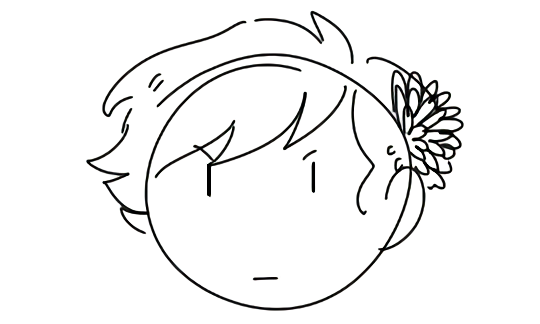
2x in waifu2x
so like, there’s that. go wild
237K notes
·
View notes
Text

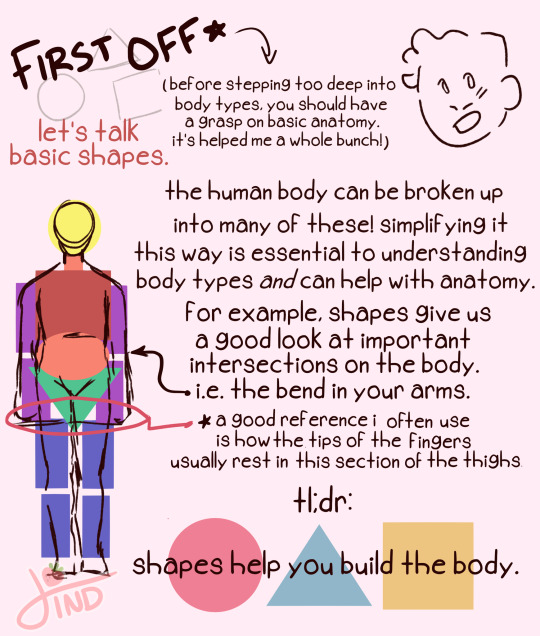
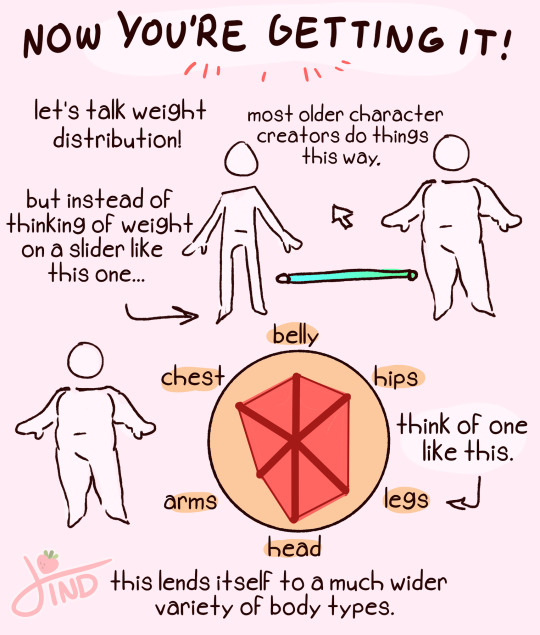

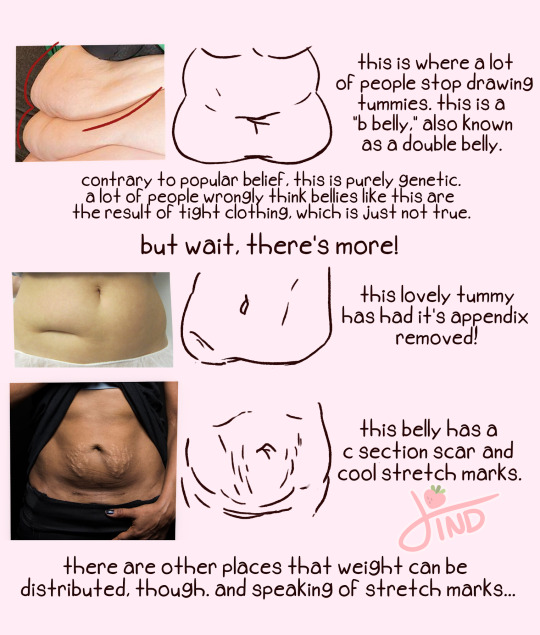
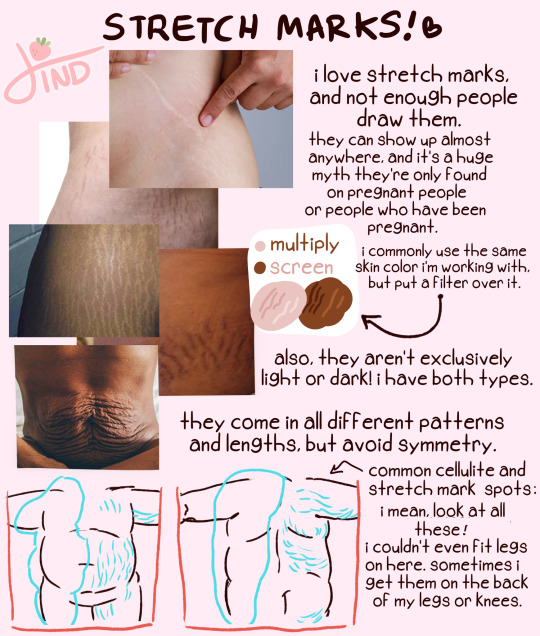
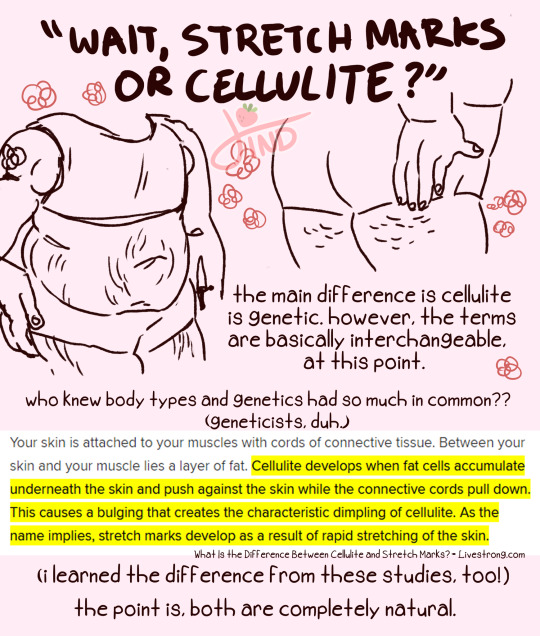
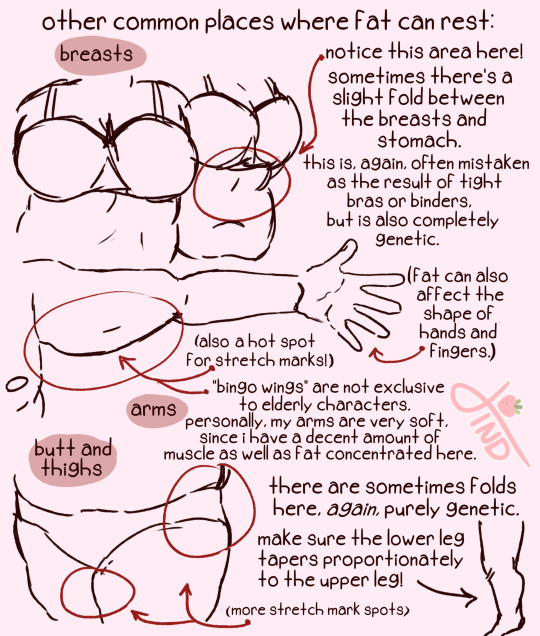
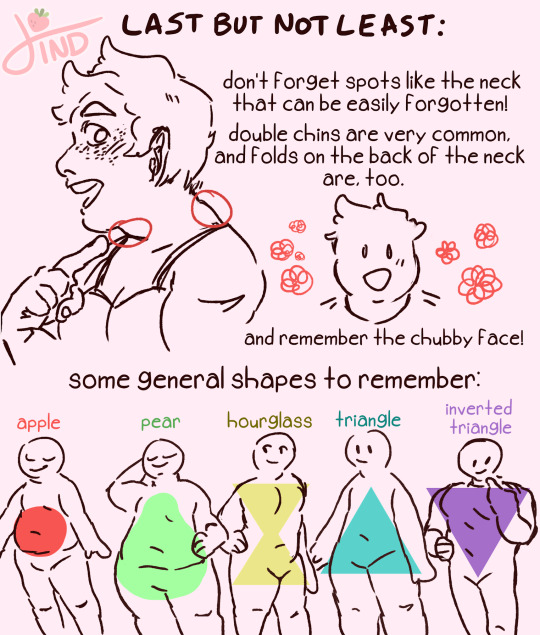
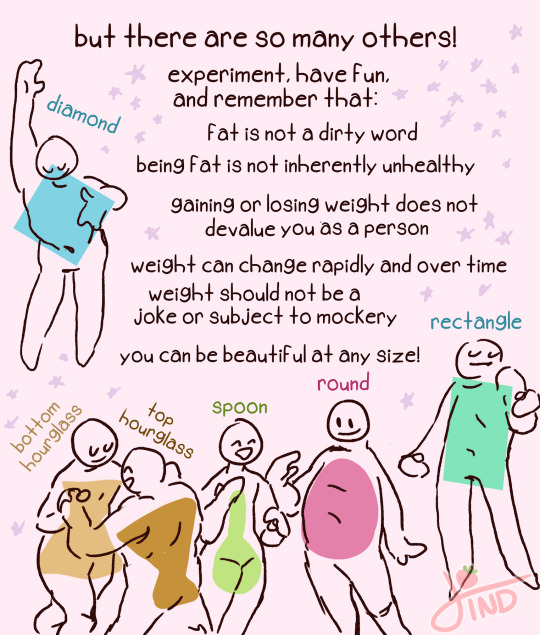
as requested- my zine about fat and plus size body types from instagram!💖 happy drawing everyone!
119K notes
·
View notes
Photo

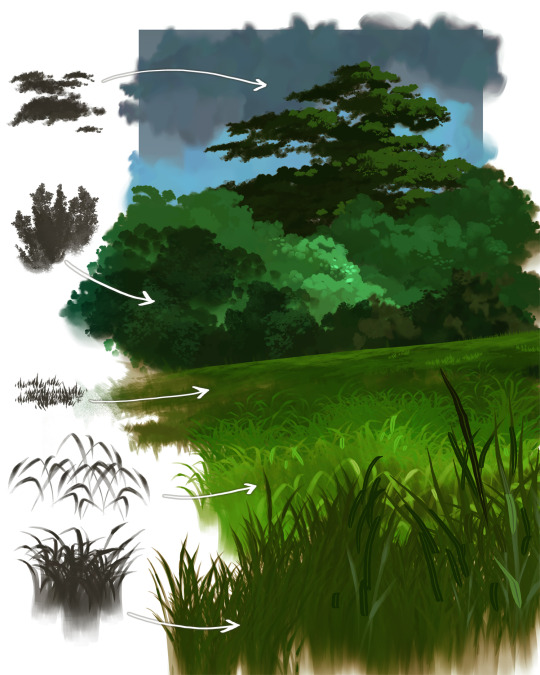
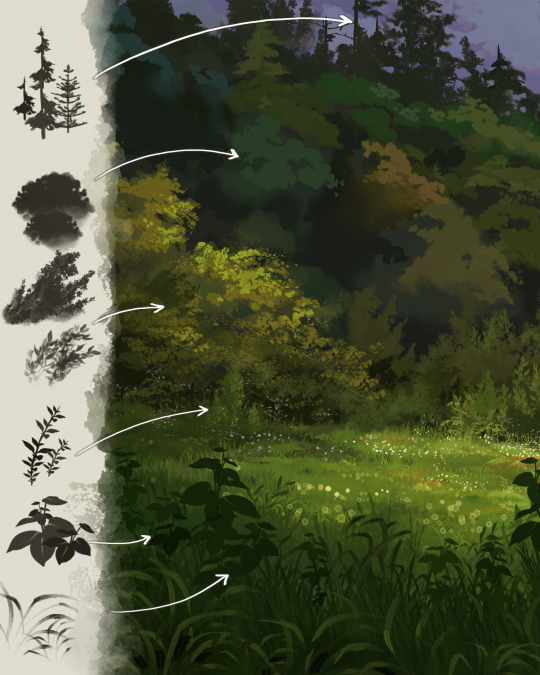
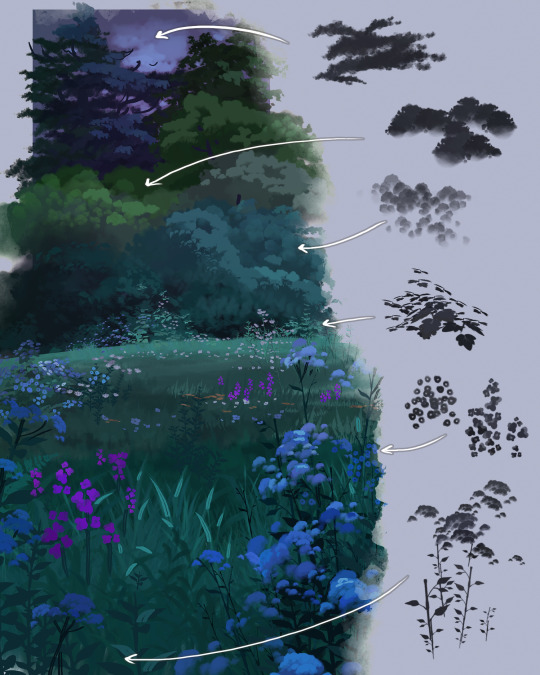
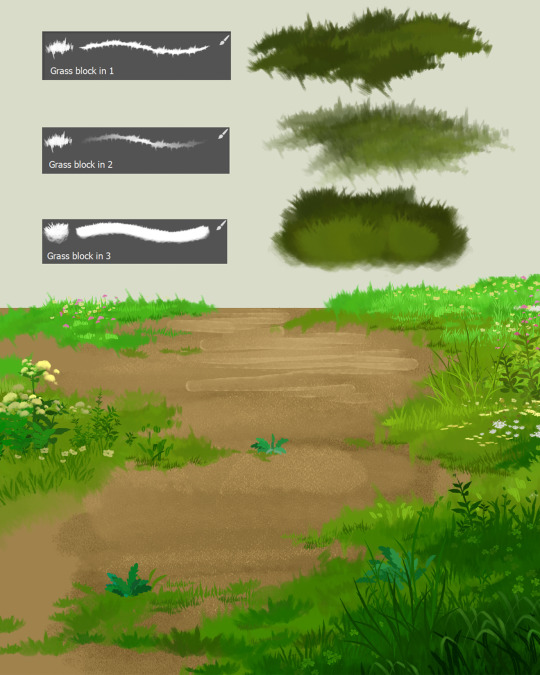
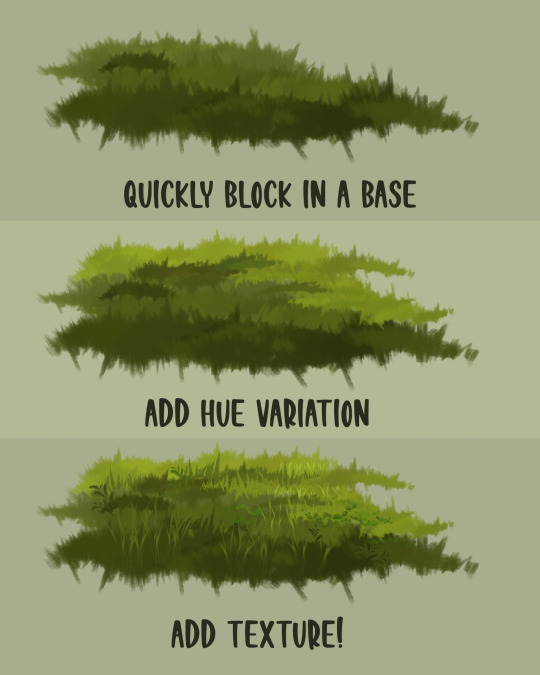
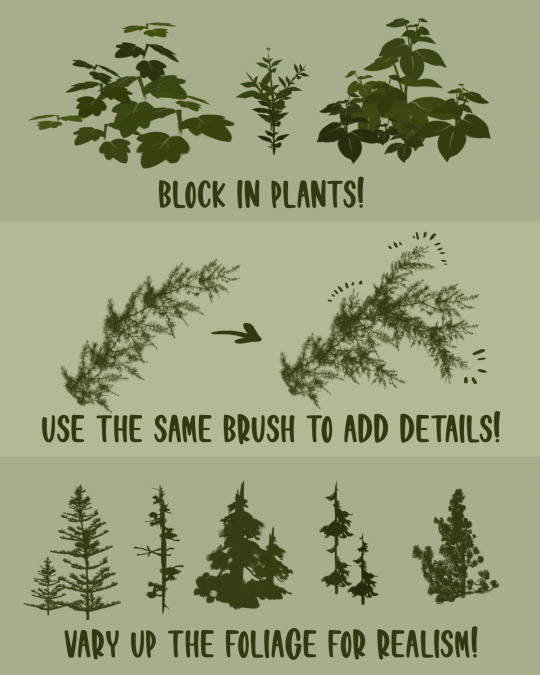

Download this free brushset here!
Contributions greatly appreciated but not necessary! Can’t wait to see what everyone creates with these. Please open the “README” txt document first for full install instructions and a link to the video downloads.
30K notes
·
View notes


